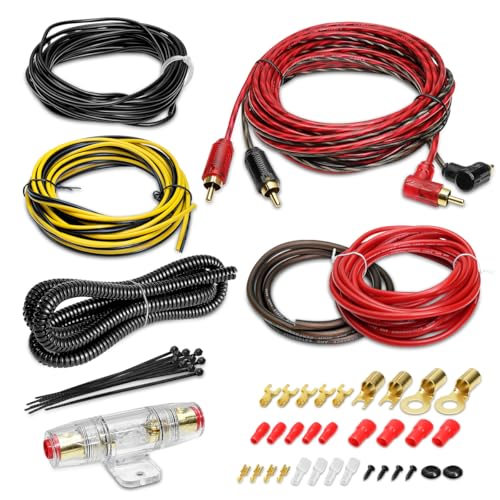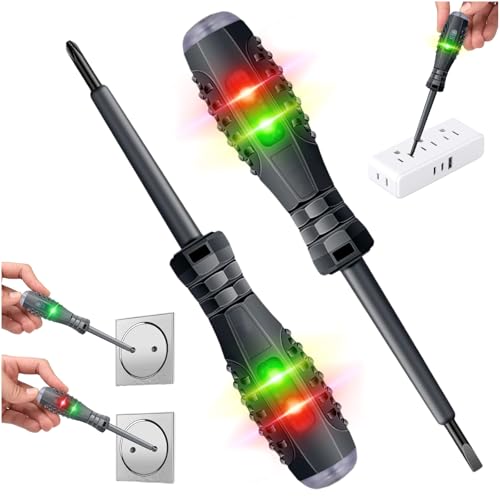Getting a bit fed up of people making 'random' statements, without explanation

Then, people who read the posts take these points as gospel - which is how the 'fairy stories' start. (earths to outhouses lol)
So, if you don't mind QUOTE]
This was not a random statement - it was pertinent to point out that all systems have their limitations. The subject has been talked about on the forum before - and I thought my posts have been nerdy enough without going into the detail. If we took this to he Nth degree then there would be no free flow of conversation on here. However the way I look at it is as follows:-
Re RCD's and N-E faults. Consider a TT system with a N-E fault. The earth rod is now effectively shunted by a very low impedance. This means that if someone touches live there is now no mechanism for the RCD to detect this as you are now effectively connected bettween live and neutral - not good.
The only way you would know about the fault was if 30mA of current flowed through the shunted earth path.
Assume a rod with Ze of 500 ohms carring 30mA. This means the voltage across this would be I x R = 15v. Considering the shunt path to neutral - possibly 0.2 ohms - this means that 30mA would flow through the earth rod when 15/0.2 A flows through the neutral path. This is 75A - probably in most houses this never occurs.
Upshot is the RCD is effectively disabled - but the test button will still work as this is not reliant on an earth connection.
It's easy to put on a N-E fault during routine maintenance - side screws on metal light fittings especially.
Figures here illustrate the point - but if the Ze was 50 ohms the RCD would trip when 7.5A was flowing in circuit - this would manifest itself as an intermittent trip on the TT systems which seems to have no single cause. The fault has nothing to do with any one circuit as such - it's just that the load is sufficient to get 30mA of difference in the neutral current.
































































